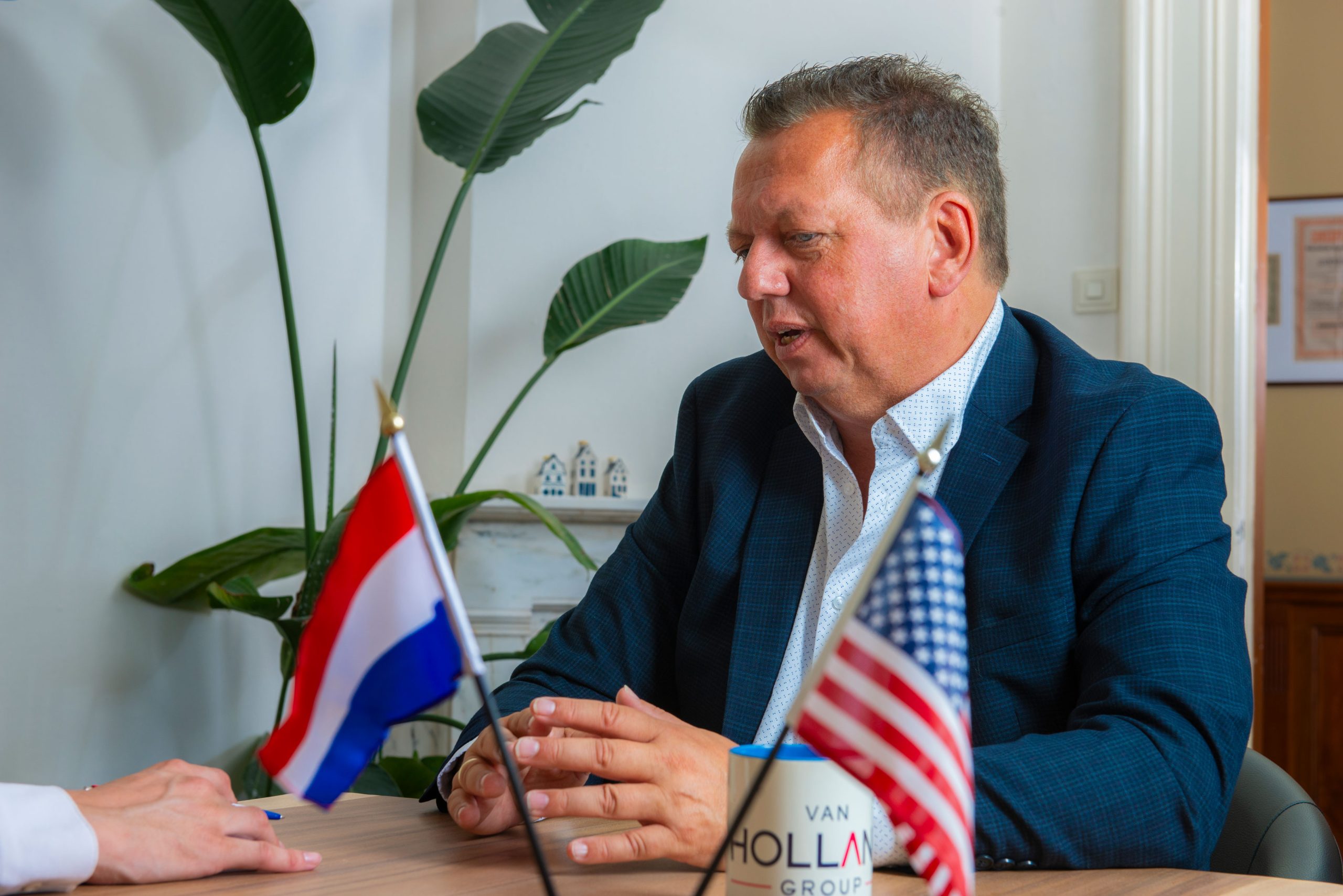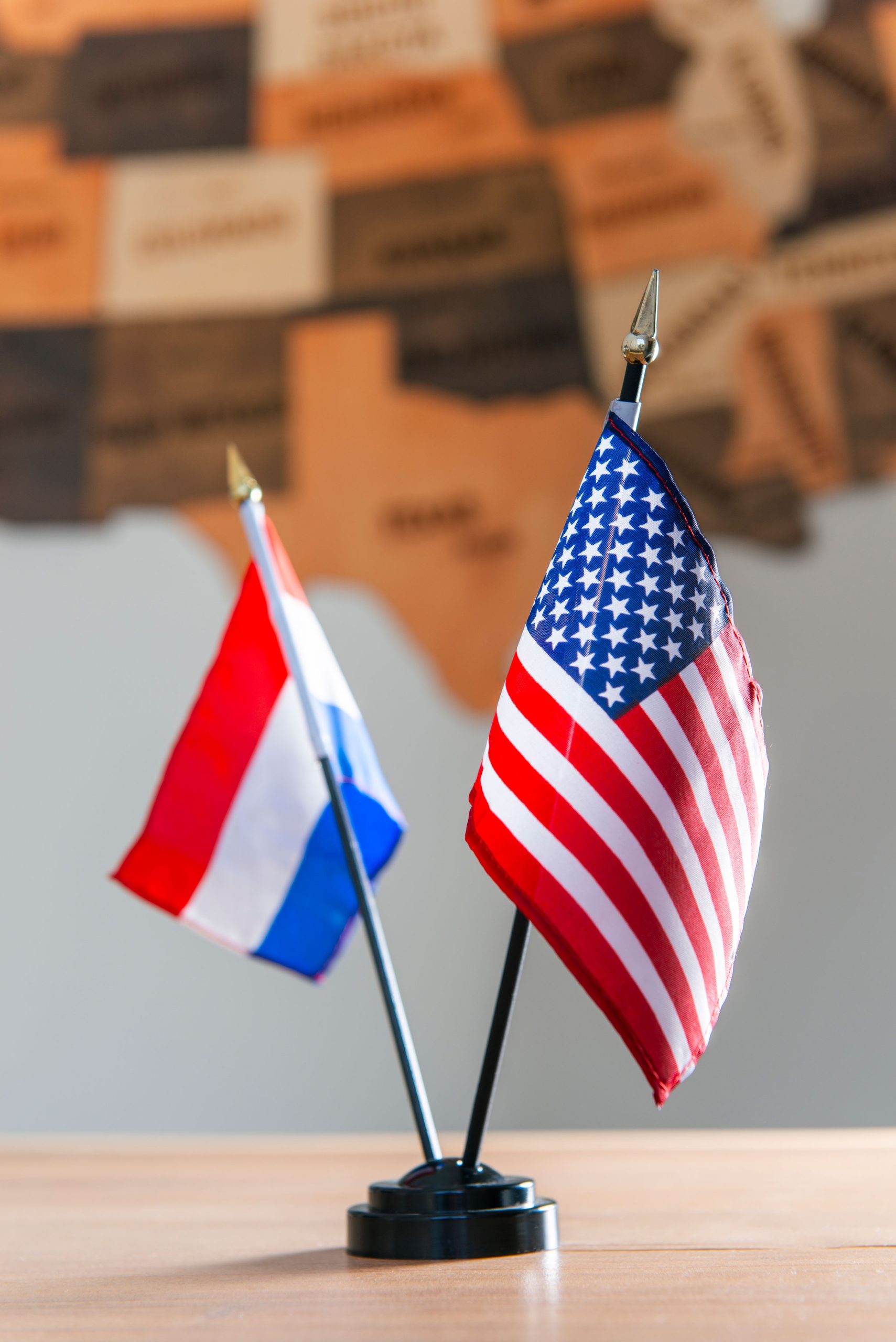
If you have any questions based on this page, need specific advice for your business structure, or just want to brainstorm the best options for your American dream, easily schedule a free consultation with one of our experts using the button below!
Focus groups are valuable in the market research toolbox, especially in the U.S., for various reasons. First, they provide the opportunity to obtain in-depth and high-quality feedback. Unlike quantitative methods such as surveys, focus groups allow researchers to dig deeper and gain more detailed, qualitative insights.




In addition to the benefits mentioned, focus groups are also very cost-effective. They are relatively inexpensive compared to other research methods, making them accessible to organizations with various budgets.
Another important aspect of focus groups is the ability to observe group interactions and dialogues. In a focus group, participants build on each other's ideas, which can lead to richer insights and reveal social behaviors. Additionally, moderators have the opportunity to probe further within the group. They can ask follow-up questions and encourage participants to elaborate more, contributing to a more comprehensive data collection.
Focus groups also allow researchers to observe nonverbal cues, such as participants' body language and facial expressions. This can provide additional context and offer more insights than verbal responses.

Click here to read more.

Click here to read more.
Whether it's getting detailed feedback, watching group interactions and body language, or engaging customers in real-time, focus groups provide a unique way to understand the opinions and perceptions of a target audience. That's why they are an essential tool for any market researcher.
The most common format is where a single group discusses a topic with the guidance of a moderator.
This includes two moderators—one to guide the discussion and another to focus on specific questions.
One group observes the discussion of another group on the same topic, allowing for deeper insights based on the observations.
Smaller groups allow for more in-depth discussions but may limit the diversity of perspectives.
The dynamic nature of group discussions allows participants to build on each other's ideas, leading to richer insights. This interaction can reveal social behaviors and how opinions are formed within a group context.


A moderator leads a group discussion, ensuring everyone has a chance to speak and that the conversation stays on topic. They ask open-ended questions to encourage participants to share their thoughts and explore ideas more deeply. The moderator also ensures that the environment remains respectful and open, allowing all participants to feel comfortable expressing their opinions.
Focus groups are often used in various fields, including market research, product testing, policy development, and social science studies. They can help companies understand customer needs, test new products, refine marketing strategies, and explore new market segments.


Click here to read more

Click here to read more

Focus groups can be employed for both B2C (Business-to-Consumer) and B2B (Business-to-Business) research, though they are generally more common and often considered more suitable for B2C markets. This is primarily because consumer behavior studies often benefit from insights gathered through open-ended discussions, which focus groups facilitate.
In B2C environments, focus groups are typically used to explore consumer preferences, opinions on new product concepts, or reactions to marketing campaigns. The goal is to gain an in-depth understanding of consumer attitudes and motivations, which can then inform product development, branding, and advertising strategies. The consumer-driven nature of B2C markets makes focus groups an effective tool for capturing the nuances of consumer behavior and sentiment.
In contrast, while focus groups can also be valuable in B2B settings, their usage is often more limited and focused. B2B focus groups may be used to gather insights from industry experts, evaluate business solutions, or explore professional needs and challenges. However, the complexity and specificity of B2B interactions often require different or additional research methods, such as in-depth interviews or surveys, to capture the detailed insights needed for strategic decision-making. Due to these differences, focus groups are often tailored differently when applied to B2B contexts, focusing more on industry trends, market demands, and professional experiences.
Overall, the differences between using focus groups in B2B and B2C lie in the participants’ backgrounds, objectives, and the nuanced approaches required to gather meaningful data.
Focus groups are particularly well-suited for B2C research for several reasons:
Collaborative Idea Generation: Consumer products and services often benefit from group discussions where participants can build upon each other's ideas.
Behavioral and Emotional Insights: B2C focus groups provide valuable insights into consumer behavior, preferences, and emotional reactions to products or marketing strategies.
Concept and Message Testing: They effectively test new product concepts, packaging designs, or marketing messages for individual consumers.
Understanding Evolving Needs: B2C focus groups help companies understand changing consumer needs and desires.
Although less common, focus groups can also be utilized in a B2B context:

However, B2B focus groups also present certain challenges:
Smaller Participant Pool: In B2B markets, the pool of potential participants is often limited, making recruitment more challenging.
Multiple Stakeholders: B2B decisions typically involve multiple stakeholders, which can be difficult to represent adequately in a single focus group.
Complex Topics: Subjects discussed in B2B research are often more complex or technical, requiring specialized knowledge.
Given these challenges, it's important to consider alternative or supplementary research methods, such as individual in-depth interviews or expert consultations, to gain comprehensive insights into B2B markets.
If, after reviewing all this information, you have any questions or would like to discuss the best options for your American dream, easily schedule a free consultation with one of our experts using the button below!
Let Van Holland Group help you with a custom OGSM strategy.
If you are ready to make positive changes.
It's not exactly the same, but an Inc. is somewhat like a European limited entity.
Of course, we are happy to create a customized quote for your business in America.
Van Holland Group offers professional support in strategic planning, setting clear objectives, and establishing milestones for entering the U.S. market. Experience our efficient and results-driven approach.
Our pricing is fully transparent and available online, so you, as an entrepreneur, can have a clear understanding of costs and benefits from the outset.
